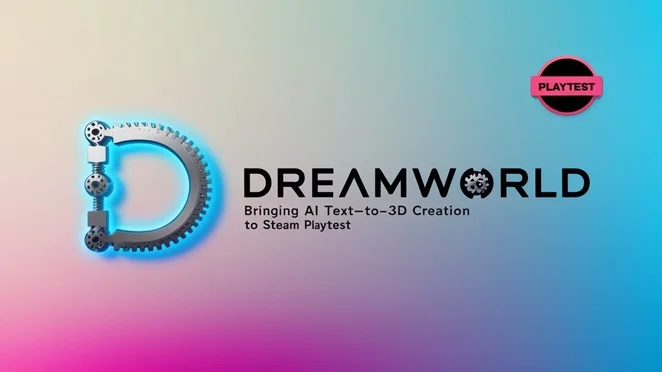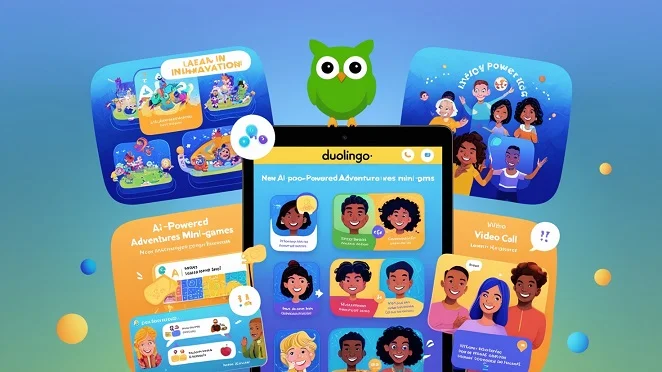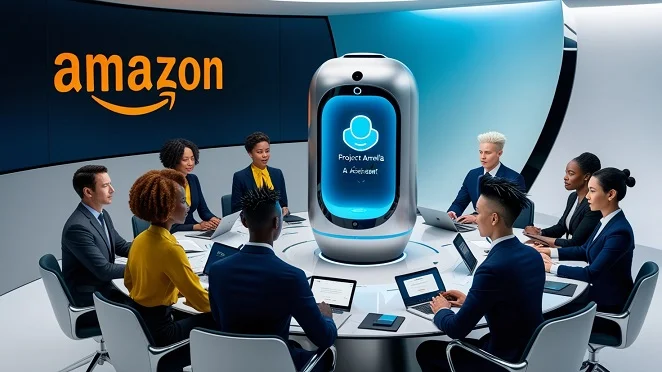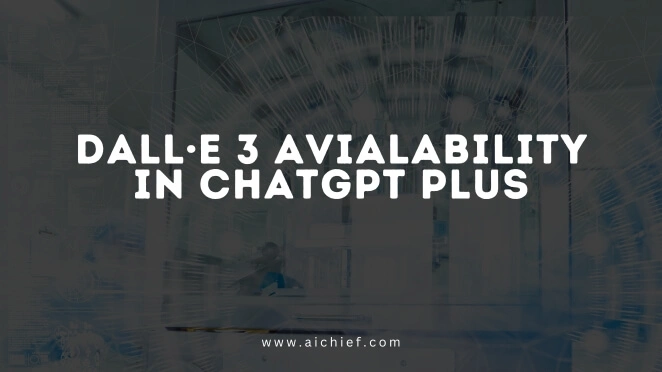On Thursday, San Francisco-based Airtable introduced a new AI platform designed to transform its collaborative app. Dubbed a “true enterprise-grade AI platform,” this innovation enables businesses to seamlessly integrate AI into critical workflows, making it easier to scale AI across operations.

Airtable’s AI platform taps into the power of its App Library and HyperDB, allowing businesses to build fully customizable AI-driven apps. With the ability to integrate massive datasets of over 100 million records, it opens the door to scaling AI like never before.
Transforming Workflow with AI deployment
In an interview with VentureBeat, Howie Liu, Airtable’s co-founder and CEO, emphasized the need to prioritize usability over just hard tech when it comes to LLMs. He noted that while the allure of larger AI models is strong, the focus should be on practical applications in real business scenarios.
This approach positions Airtable to take advantage of the growing enterprise interest in generative AI. Goldman Sachs projects $1 trillion in AI investments from tech firms and corporations in the coming years. However, many early AI projects have yet to yield significant business results.
Airtable:
“We’re at a tipping point in the AI era. Most enterprise AI adoption is still just scratching the surface of the transformative potential for digital operations.”
Striking the Right Balance: Standardization vs. Customization in Enterprise AI
Airtable reports that major media, retail, and financial services companies rely on its platform for critical operations. One unnamed leading streaming company saved 280 hours a week on content genre classification with custom AI solutions built on Airtable.
The new enterprise offerings aim to balance standardization and customization—a challenge for global organizations. The App Library enables central teams to create standardized applications with embedded AI that different business units can easily adapt.
Howie Liu emphasizes empowering business users over just technical teams. “We give them a Lego kit, making technology accessible.”
HyperDB enhances access to massive datasets from systems like Snowflake and Salesforce, ensuring centralized governance while supporting departmental applications.
Parallel Task Management By Scaling AI
With the innovative steps, Airtable is having strong competition from established enterprise software companies and new AI startups. However, Liu believes that Airtable’s ability to deploy AI across thousands of records or workflow steps makes it unique.
Liu:
“It’s like hiring 10,000 smart interns for just five minutes of work,” showcasing the platform’s potential.
Despite being valued at $11 billion in late 2021, Airtable is facing a tough funding environment, having laid off around 250 employees last year and preparing for a possible IPO.
This bold move toward enterprise solutions marks a significant change from its roots as a user-friendly spreadsheet tool. To compete effectively, Airtable must address complex security, compliance, and integration needs.
Now, Airtable is in direct competition with major players like Microsoft, Salesforce, and ServiceNow, all of which are quickly adding AI to their offerings. Its success will depend on whether it can help business users create AI-enhanced applications that are more efficient and cost-effective than those from established vendors.
As companies look to get more value from their AI investments, Airtable’s platform could be appealing. However, the company needs to clearly explain what makes it different and how it can deliver a good return on investment to stand out in the crowded market for enterprise AI solutions.
In the end, Airtable’s move from organizing data to managing AI might show that in the world of enterprise software, the best way to innovate is to completely rethink how things are done.









